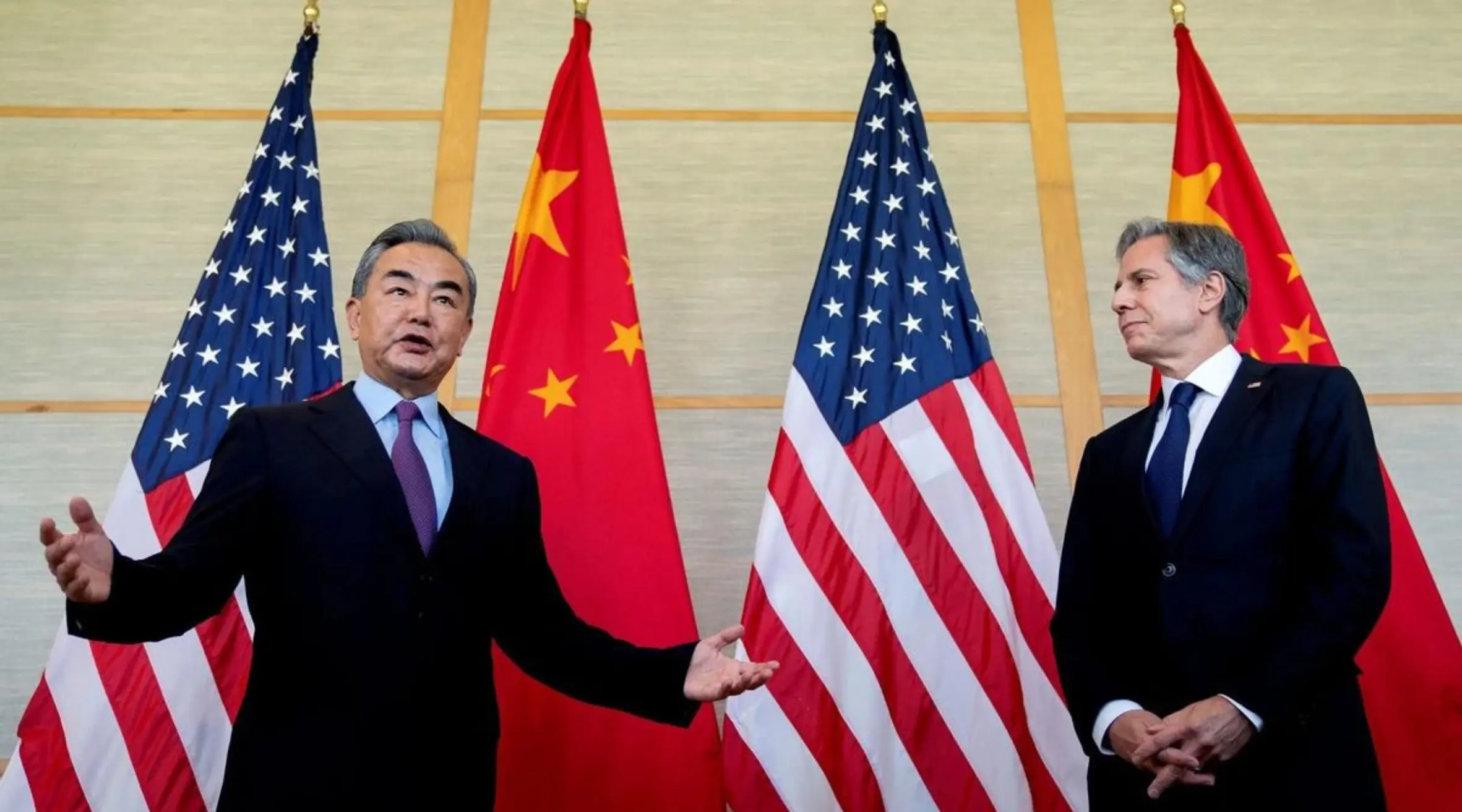USA (Transatlantic Today) – In a recent op-ed titled “What the United States Can Learn from China,” Stephen Walt, a professor of international relations at Harvard Kennedy School, suggests that US officials should reconsider their foreign policy strategies. Walt’s report, which appeared on the Foreign Policy website this week, identifies important areas where the United States may improve its approach to international relations.
US Strategy Towards China Lacks Flexibility
According to Chinadaily, Walt argues that the US has reduced its complex relationship with China to a rigid containment strategy. This approach lacks the flexibility, wisdom, and foresight necessary for managing such a consequential bilateral relationship effectively.
Counterproductive Efforts to Isolate China
The US has been pressuring its allies and other countries to join its anti-China stance, often bending international laws and rules in the process. These efforts have backfired, imposing moral and material costs on the US itself.
Hypocrisy in Trade Practices
The global community observes that the United States adopts techniques that China accuses it of, including state subsidies, protectionism, tariff warfare, and overcapacity dumping. These measures are interpreted as an attempt to promote US interests to the detriment of other countries, especially allies.
Contrasting Approaches to Development
While China aids underdeveloped countries in improving infrastructure, public services, and governance, the US has been accused of inciting domestic unrest to align these countries with its interests. The US’s approach contrasts with China’s more tangible efforts to enhance global livelihoods through numerous development projects.
Avoidance of Costly Geopolitical Conflicts
China avoids entangling itself in expensive geopolitical conflicts, unlike the US, which has been deeply involved in the Russia-Ukraine conflict and Middle East crises. The US has not justified to its citizens the benefits of its prolonged engagements in Afghanistan and Iraq, where numerous American lives were lost.
Broader Diplomatic Outreach
Despite having a large network of allies, the US’s efforts to maintain cohesion limit its international engagement. In contrast, China seeks positive ties with all countries based on equality, mutual respect, and win-win cooperation, which confirms with international laws and norms. China’s inclusive approach contrasts with the US’s zero-sum game.
Moral High Ground with Noninterventionist Policies
Many countries, especially in the Global South, which respects state sovereignty, prefer China’s noninterventionist approach more than the US’s interventionist policies. The US’s “America-first” practices and exceptionalism have diminished the value of its diplomacy.
Preference for Diplomatic Solutions Over War
Unlike the US, China views war as a last resort, recognizing its strategic and economic harms. China focuses on diplomatic efforts to avoid conflicts, while the US often takes the opposite approach.
Conclusion
In light of these observations, it is clear that Washington could benefit from re-evaluating its foreign policy strategies and considering some of the more successful elements of China’s approach to diplomacy.


























